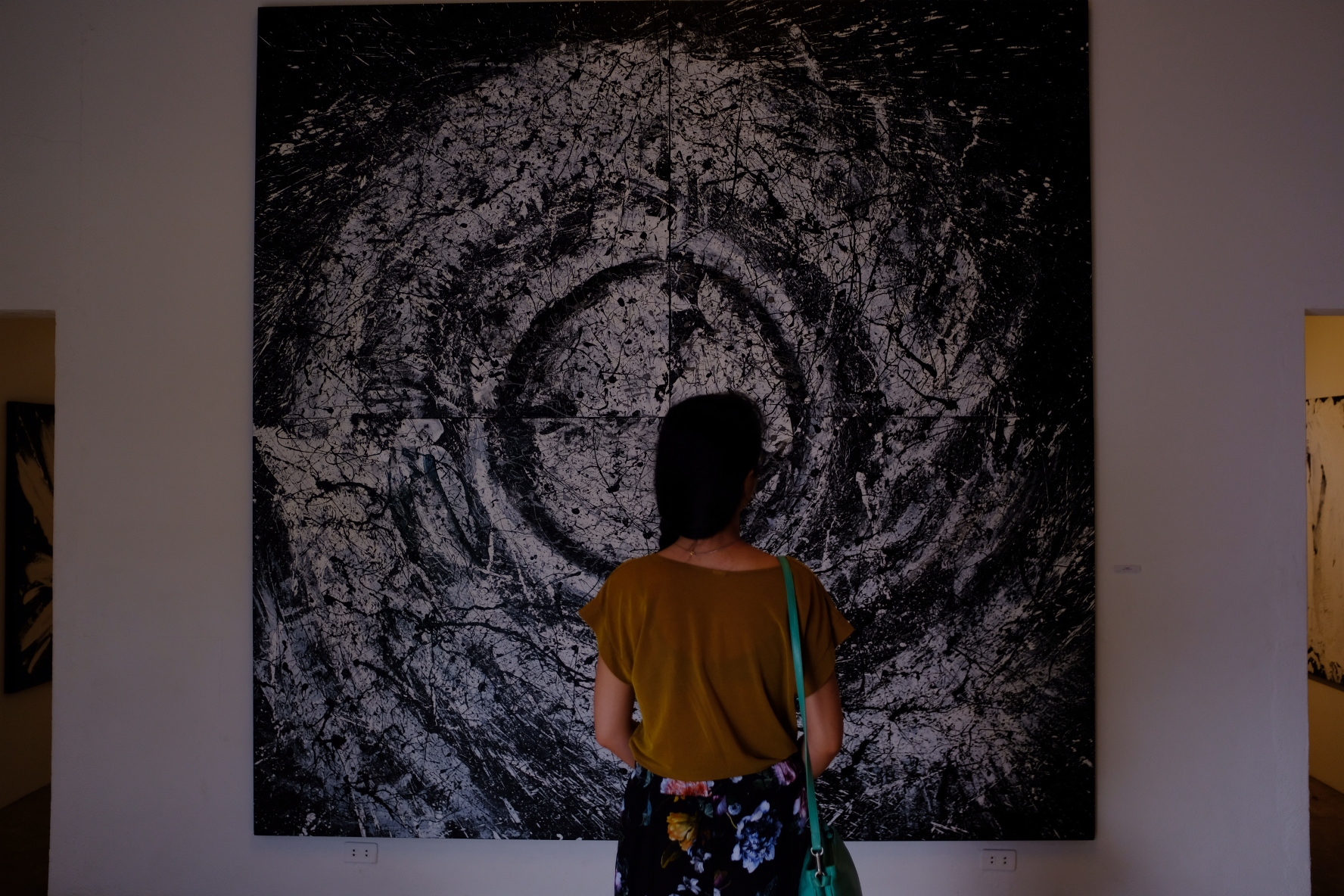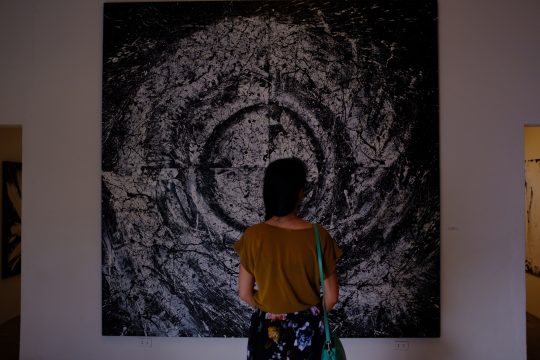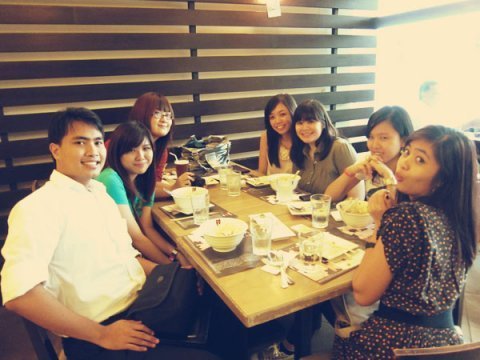Thanks to Kasey, I was able to watch this deleted scene from the cut version of the movie Leon the Professional (1994).
One thing led to another and I ended up reading the original script. I don’t remember if this was in the movie (the last time I’ve watched it was ages ago), but there’s this line from that script that caught my attention:
RECEPTIONIST Did you lose your key, Mister?
Léon recovers from his shock.
LÉON No… I just thought if I’d lost anything…
RECEPTIONIST And did you forget anything?
LÉON Yeah… But “forgotten” doesn’t mean “lost”
There’s quite a huge difference at the way Mathilda and Leon’s relationship was handled in the film and in the original script. I don’t prefer one over the other, but I like how the original script explored fully the kind of relationship I thought was there between Leon and Mathilda. I read through some of the comments on YouTube and I see how it is somewhat screams LOLITA, except Luc Besson handles it beautifully, without malice and in a way, the movie tries to tackle this in a more innocent, but not purer, way.
In an interview, Luc Besson said:
No, I’m not responsible for what people think. The story is about two kids, a girl and a boy. They’re both 12 years old, in their minds, and they’re both lost and they love each other. And the rest is just your problem.The most important line for me in Léon is the one we’ve just seen where her conscience says to her “you didn’t see what it was, you saw what you wanted to see”.
“You didn’t see what it was, you saw what you wanted to see.” The truth that rings from that line is so strong. You can apply that line in a variety of contexts, from fangroups to the distortion of truth in every-day life. I’ve read somewhere before that a person’s memory, even witnesses, are not 100% accurate. There is no experience that goes uninterpreted. The moment we believe that what we saw or what we thought we saw or what we thought happened was what happened, that’s what is recorded in our mind, unless a different belief of that memory overwrites it. That’s how people can be stubborn with their beliefs and sometimes compromise never happens.
He answers another question:
I’m more attracted by a female character because I think that now for 30 or 40 years the image of the male actor has been as a strong man, and is most of the time about force and strength. And I’m attracted by the weakness, how they (women) can fight when they don’t have that. And the ways they have to find to be able to fight for something or say something – it’s richer. It’s much more interesting.
I understand this completely, because I have the same fascination. I’ve been writing this story about two people (and most of the characters I’ve penned down) and it mostly tackles that same theme. My protagonists are female but it’s not only because I’m female, but also because there is a kind of empowerment I explore when my female characters take masculine roles. Don’t take me wrong; I’m not a radical feminist. My (sadly, unfinished) stories usually are (were?) just driven by women.







Leave a Reply